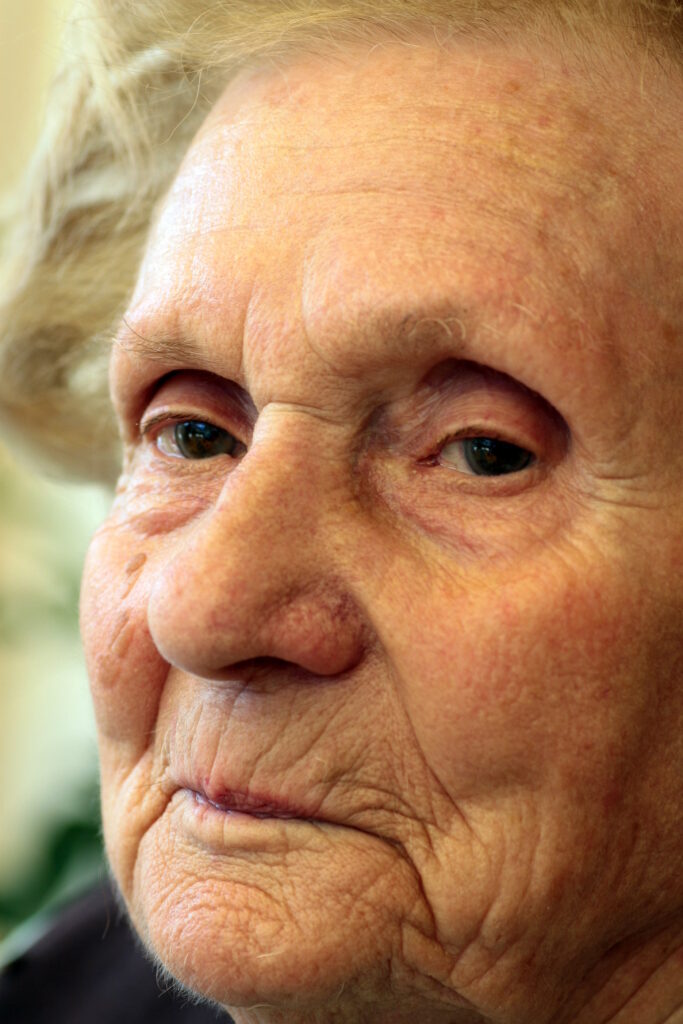Those suffering from Alzheimer’s and other forms of dementia may be physically here but not mentally or emotionally present as they once were. For those who love and care for them, it is a constant, daily reminder of just how challenging the disease can be. Beck, Lenox & Stolzer Estate Planning and Elder Law, LLC, found this recent Banner Health’s article to be helpful. Banner Health’s recent article entitled “Caregiving and Dementia: Navigating Ambiguous Loss and Grief” explains that caregiver stress and burden may sometimes be misunderstood. However, the real culprit may very well be the partnership of dementia and ambiguous loss. Ambiguous loss describes the grief that a person may feel for a loved one who has dementia.
The person is physically present but psychologically absent or changed. It’s a loss that’s unclear, has no resolution and no predictable ending. This can be confusing and overwhelming for family caregivers and cause them to feel sad, helping hopeless and immobilized.
While it is very common to feel ambiguous loss, recognizing these feelings and understanding and navigating it can help ease its impact.
Here are some ways to work through these feelings, begin to grieve the losses and stay connected and present for the person you love, while also restoring up your strength and resiliency.
- Acknowledge your sadness and take time to grieve. Feelings of fear, anger and guilt are normal and seek support.
- Release that which you can’t control and take hold of what you can and how you respond to situations.
- Connect with others.
- Ask for and accept help.
- Take care of yourself. Give yourself permission to take care of yourself while caring for your loved one.
- Find a creative outlet.
- Allow yourself to still have hopes and dreams.
- Get into a support program.
Reference: Banner Health (June 1, 2020) “Caregiving and Dementia: Navigating Ambiguous Loss and Grief”










